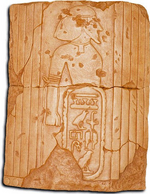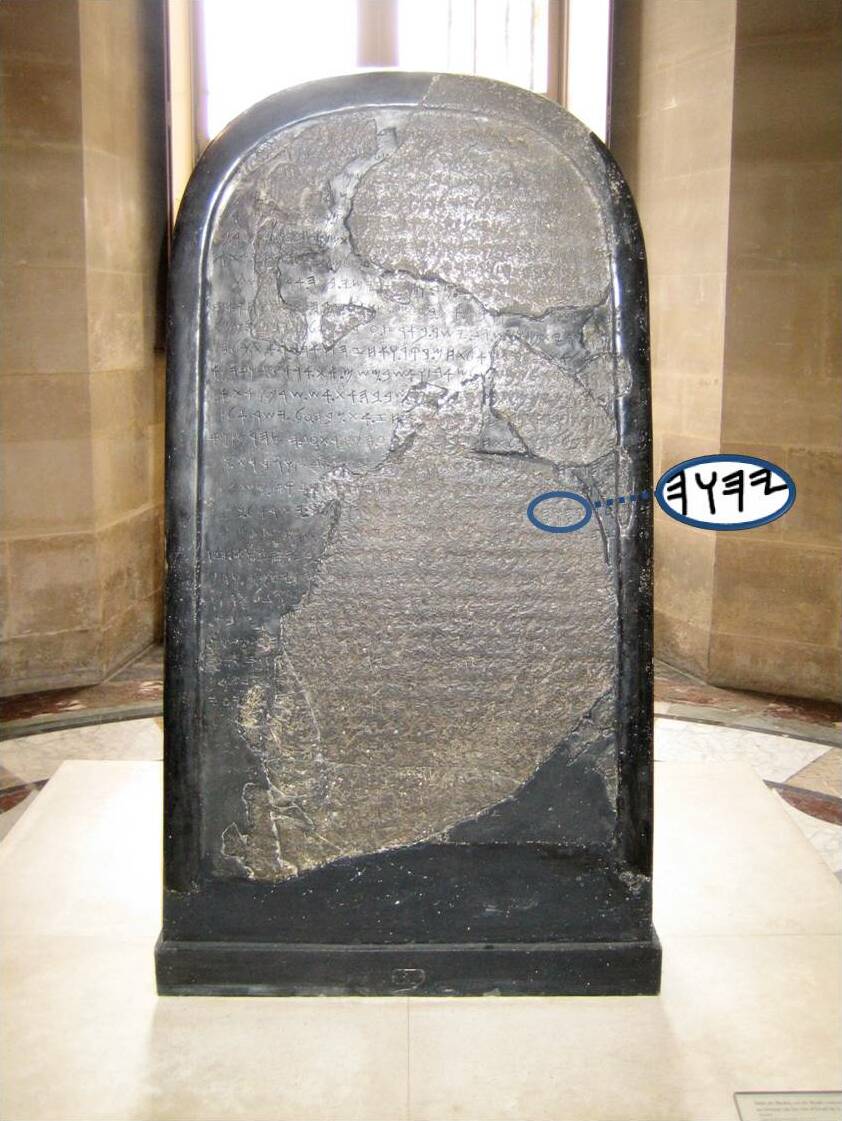Such a temple would be in clear violation of Deuteronomic law, which stipulates that no Jewish temple may be constructed outside of Jerusalem.... Upon first examination, this appears to contradict commonly accepted models of the development of Jewish religion and the dating of the Hebrew scriptures, which posit that monotheism and the Torah should have already been well-established by the time these papyri were written. Most scholars explain this apparent discrepancy by theorizing that the Elephantine Jews represented an isolated remnant of Jewish religious practices from earlier centuries, or that the Torah had only recently been promulgated at that time.
[Some scholars] have argued that the Elephantine papyri demonstrate that monotheism and the Torah could not have been established in Jewish culture before 400 BCE, and that the Torah was therefore likely written in the Hellenistic period, in the third or fourth centuries BC


